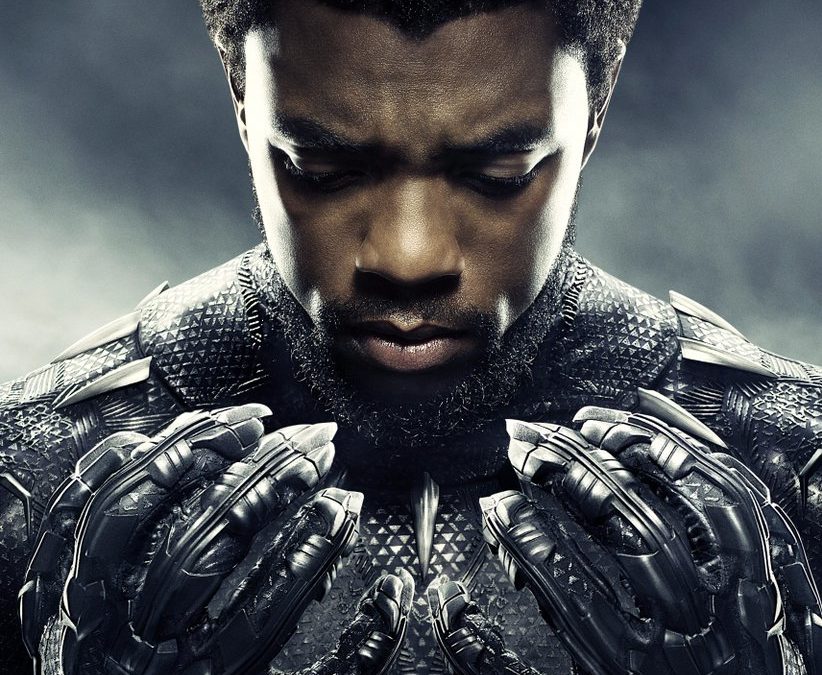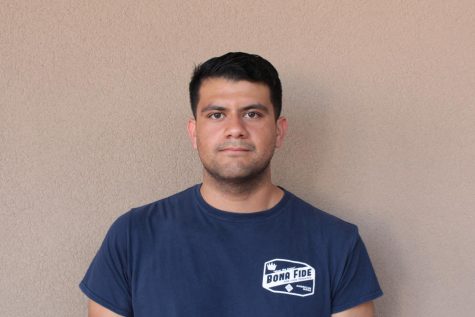Wakanda Forever: ‘Black Panther’ Film Deserves Accolades
Marvel’s “Black Panther” is a critically acclaimed, historic box office success, and more importantly, a cultural phenomenon. The film has sparked controversial debates all over social media and traditional media alike about African-American representation in films, as well as the single story of African life depicted in media.
Director Ryan Coogler – who had also produced “Fruitvale Station” and “Creed” – has never been afraid to challenge the traditional formula of a Hollywood box-office hit. Coogler’s debut film, “Fruitvale Station,” starred an unrecognized Michael B. Jordan as the lead, and co-star Melanie Diaz, about the true story of Oscar Grant, an unarmed, young African-American man who was killed in 2009 by BART police officer Johannes Mehserle at the Fruitvale District Station.
Coogler’s amazing storytelling and minimal budget made this “B movie” a box office and critical success.
“I tend to like movies where the filmmaker has a personal connection to the subject matter,” Coogler told Variety. “I don’t know if you could find a group of films that deal with the Italian-American organized crime better than ‘Godfather 1,’ ‘Godfather 2,’ ‘Mean Streets’ and ‘Goodfellas.’ Show me a movie about Brooklyn better than ‘Do the Right Thing.’’’
Before Coogler was even approached by Marvel to take on “Black Panther,” he found himself interested in African-American authors like Ta-Nehisi Coates (“The Beautiful Struggle;” “Between the World and Me”) and was already planning a trip to Africa.
“I’d been wanting to visit Africa,” said Coogler in an interview with Rolling Stone. “I had never been, and I felt ashamed that I had never been. So I was like, ‘As soon I finish Creed, maybe [my wife Zinzi] and I can take that trip,’ and then Marvel called.”
“Black Panther” takes place in the fictional Wakanda, a bustling metropolis of vibranium-powered futuristic skyscrapers, racing trains, and soaring spaceships. The futuristic utopia that paints a non-stereotypical vision of Africa, if it was never colonized by the Europeans.
“Africa is a culture that has been colonized and oftentimes demonized, so it was about reclaiming certain things as beautiful and powerful,” Coogler told Rolling Stone.
T’Challa (Chadwick Boseman), who plays the role of Black Panther, returns home to the African nation after hearing the news of the death of his father. He takes his rightful place as king. Suddenly, Erik Killmonger (Michael B. Jordan), who is the son of N’Jobu (Sterling K. Brown), and a U.S. black-ops soldier who seeks to overthrow T’Challa, reappear.
On paper, “Black Panther” is a classic comic book story of vengeance that dates back to Shakespearean times, or “The Lion King.” But the in-depth storytelling and technologically advanced special effects are what make “Black Panther” so unforgettable.
The action sequences are exhilarating; they’ll have you rooting for the heroic T’Challa to defeat the villainous Killmonger as if you were watching Superman defeat Doomsday. And that is the point of “Black Panther,” to make a superhero film with an all African-American cast, without being a “Black” film.
“Black Panther” is a film celebrating African-American culture, without the single story of African life – the idea of African people living in immense poverty wearing dated Salvation Army clothing and torn shoes. And, more importantly, the film normalizes Africa.
“I was very honest about the idea I wanted to explore in this film, which is what it means to be African,” said Coogler.
Rudy Guijarro can be reached at [email protected].


